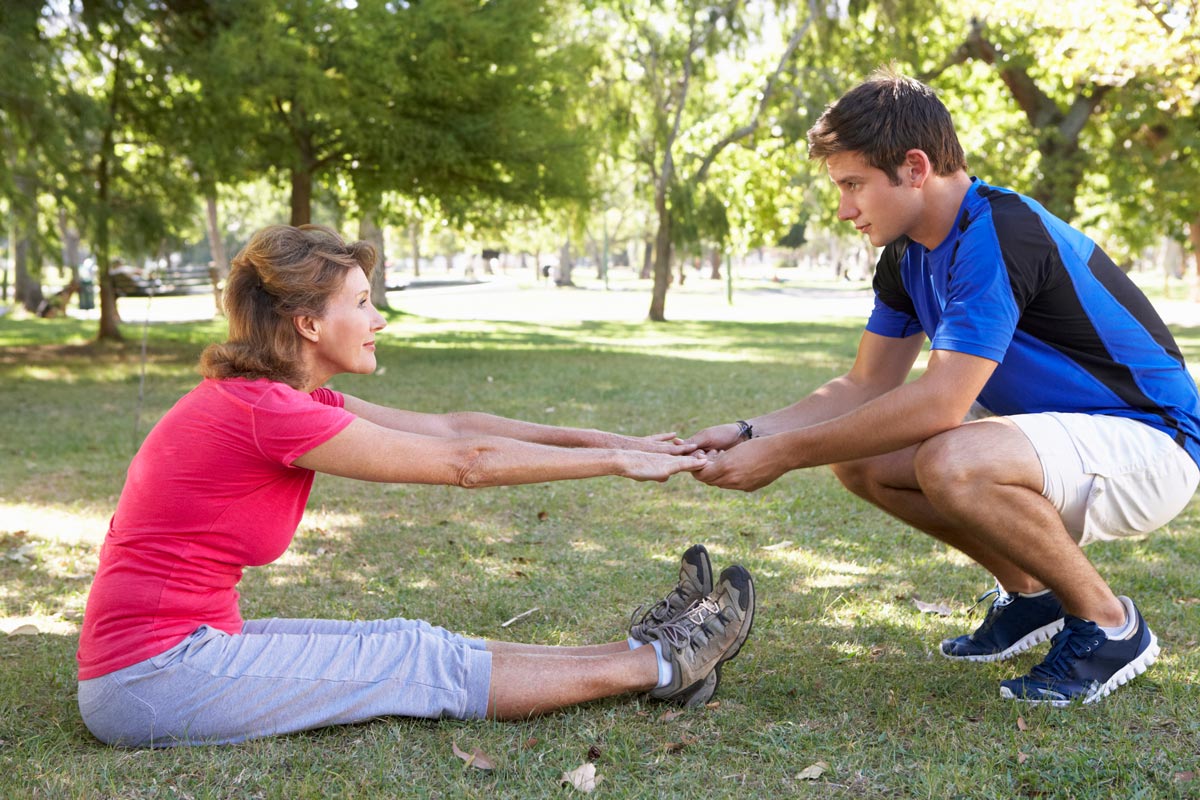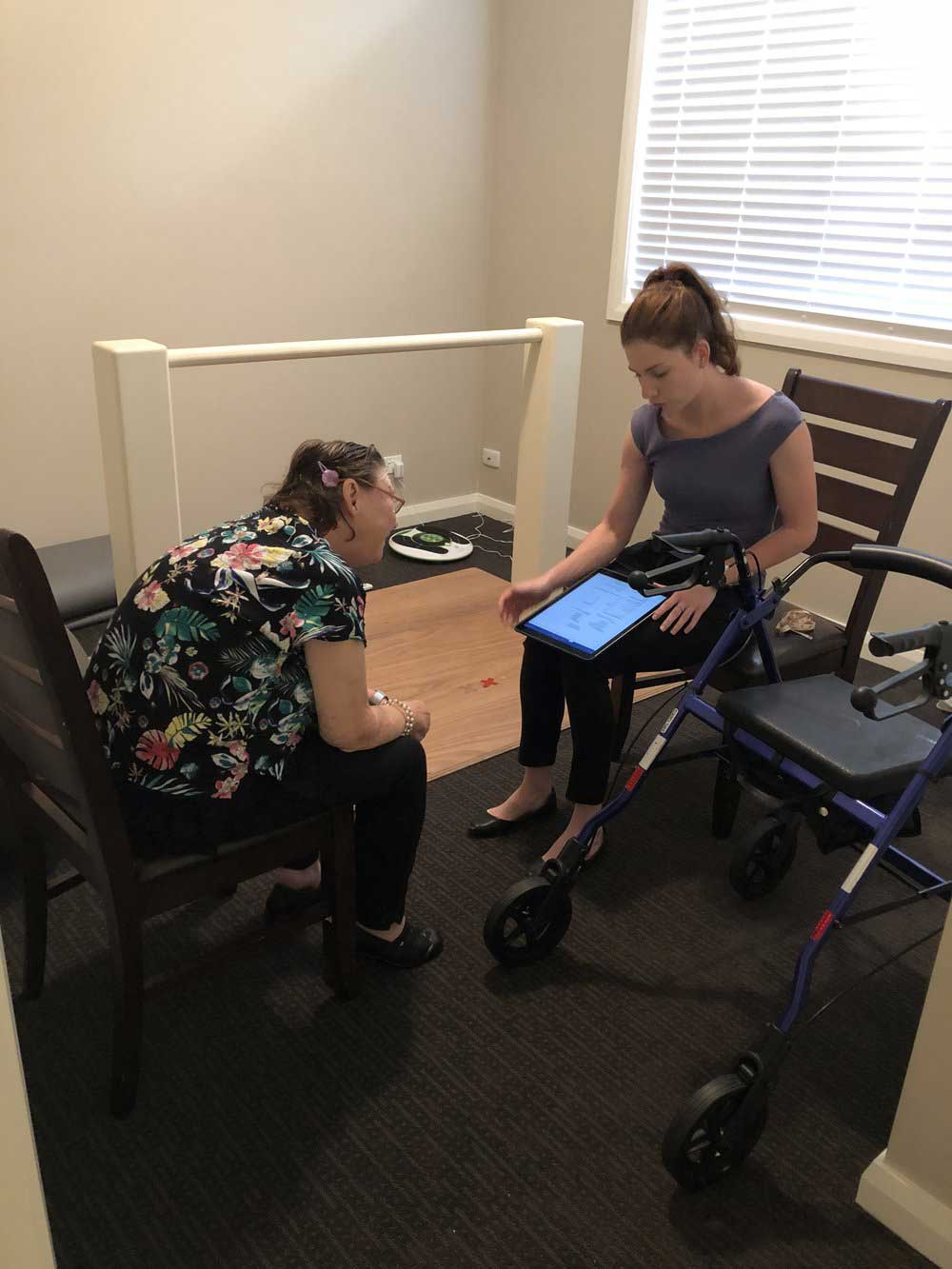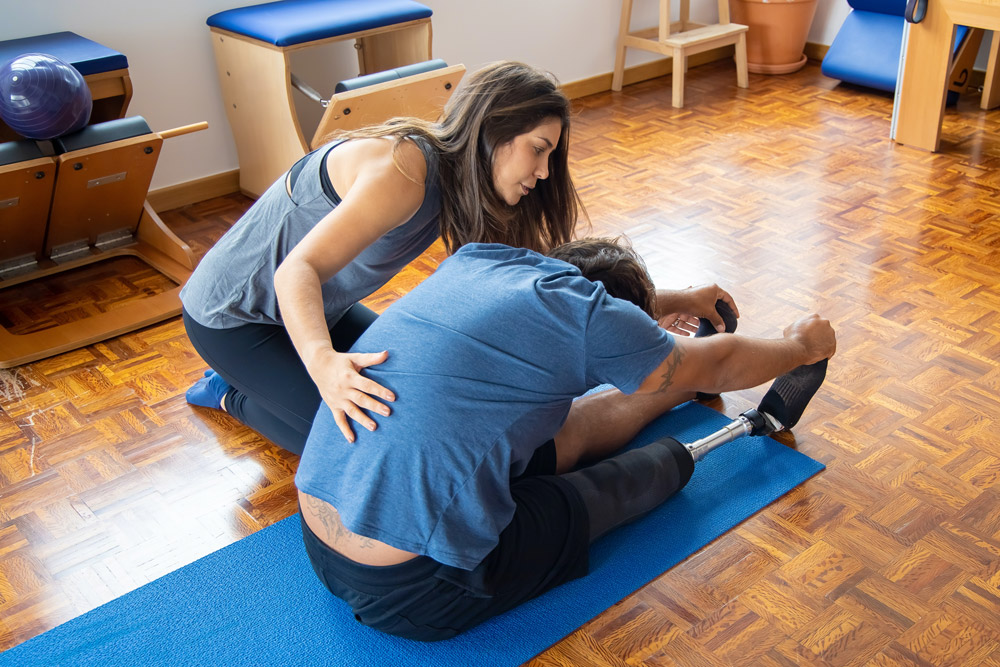First Exercise Physiology Appointment? Here is what you can expect!
Before we prescribe exercise therapy to any client, our Accredited Exercise Physiologists always conduct an exercise physiology initial assessment. This is the first meeting we have with the client. We gather information about their medical history, discuss goals, plans, complete exercise assessments and ensure the client is safe and clear to exercise. If you’re considering seeing a Accredited Exercise Physiologist, here’s some information that may be helpful for you.
What is an Accredited Exercise Physiologist?
We all know it – exercise is medicine. Our Accredited Exercise Physiologists support their clients to work towards creating happier, healthier, longer lives. They are university-qualified allied health professionals, committed to working with people who may have a wide range of health concerns, we create clinical exercise interventions. Whether our clients are at risk or have existing medical conditions and injuries, we work to prevent or manage acute, sub-acute and/or chronic injury or disease. Our Accredited Exercise Physiologists also work to help restore our client’s physical health function and wellness by implementing exercise-based interventions which include physical activity and health education as well as lifestyle change support and advice. In particular, our NDIS Exercise Physiology specialists provide support in managing chronic conditions and disabilities.

Meet our team of Accredited Exercise Physiologists, located around Sydney, Wollongong and the Sunshine Coast
What will my first session be like?
Now that you’re ready to book in with one of our Accredited Exercise Physiologists, here’s a rundown of how your initial assessment will work.
We’ll ask you a lot of questions
Don’t worry, this isn’t an interrogation! We’ll just ask some questions, to help us get a better picture of where your health is at, so we can help you work towards your goals.
Measurements
This is important so that we have a solid, measurable starting point to begin with. This provides a baseline, allowing us to provide insights into your health and a way forward. Your goals and current function will determine which assessments are completed so that the results directly correlate to what you are wanting to achieve.
Contact us to chat with one of our Accredited Exercise Physiologists
Case Study
One of our newest clients, Beth, had her NDIS Exercise Physiology initial assessment completed with one of our Accredited Exercise Physiologists recently. Here in this feature story, Beth takes us through the process of the initial assessment…
I have an intellectual disability, hypertension, type II diabetes and some arthritis in my knees and hands.
My main reason for exercise is to help improve my current function. I would like to be able to walk around my community more and regularly exercise with my Accredited Exercise Physiologist and at home by myself.
During my first assessment with my Accredited Exercise Physiologist, she collected other information including my weight, height, waist, chest and hip circumference, and blood pressure. My Exercise Physiologist needs to know my baseline level and could then provide insights into my physical health and medical conditions.
My Accredited Exercise Physiologist also completed a sit to stand test. I had to stand up and sit down as many times as I could in 30 seconds. This gives an indication of my leg strength and stamina.
I also had my balance tested. One test I completed was standing on one leg and the Exercise Physiologist timed this. My Exercise Physiologist explained to me we test balance to ensure we can get a baseline level of function, and after a few months of exercise, I hope to see an improvement in my standing balance test. I have previously fallen in my home, which means I need to improve my level of balance and strength to make sure I am steady and strong enough not to fall.

My Exercise Program
Since my appointment, my Accredited Exercise Physiologist has developed an exercise program for me to complete. It is challenging but I am able to complete the exercises. Some examples of exercises I do are: sit to stands, challenging balancing exercises and wall push ups to name a few.
I will aim to complete my exercises every day and see my Exercise Physiologist once a week.
Contact us to chat with one of our Accredited Exercise Physiologists
